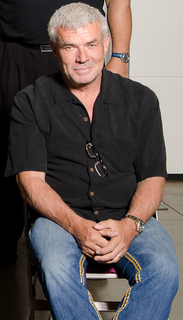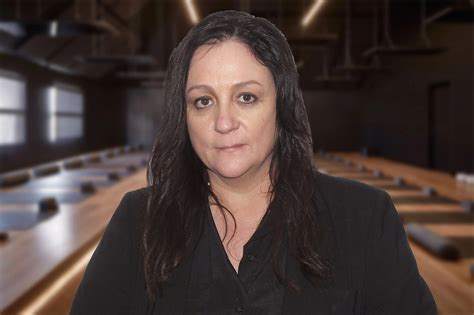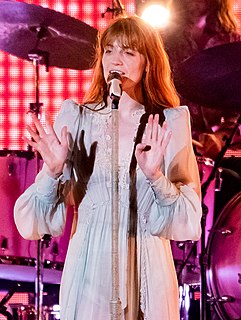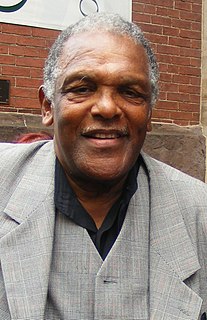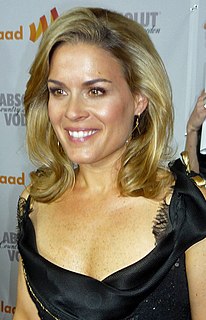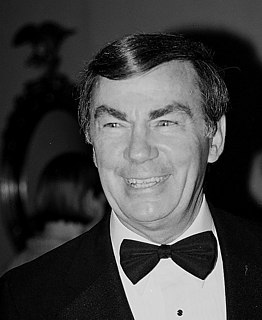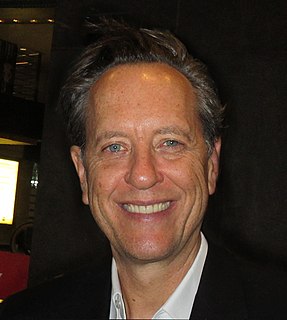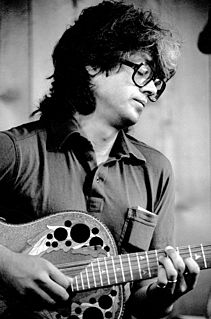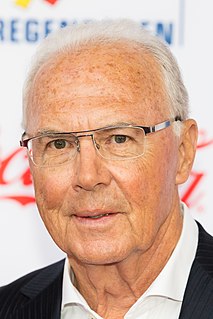A Quote by William Gibson
[When] Johnny Mnemonic was coming out and I realized that all the kids that worked in 7-11 knew more - or thought they knew more - about feature film production than I did. And that was from reading Premiere, that was from this change that came from magazines that treat their readers as players. Magazines that purport to sell you the inside experience.
Related Quotes
In the long run magazines can't be a convenience play - the Web has stolen that. So magazines have to be high fidelity - a fantastic experience - to thrive. Magazines will survive the Internet age, but only the ones that give people an experience they just can't get anywhere else. A magazine will have to be truly loved to make it.
When Johnny came to Baltimore the same time I came we were rookies. He did have some pro experience. He did go with the Pittsburgh Steelers and they cut him. I had no pro experience. My thing was that hey I got to make this team. Johnny Unitas wasn't Johnny Unitas.He was just like every other quarterback. You couldn't see the things we know that evolved out of that years later. As the years went on I could really start to see him settle in that position. Fortunately for Johnny U., Weeb Ewbank was there and he worked with his quarterbacks. He had them knowing every aspect of the game.
As far as change, anyone from the age of 13 to 19, you become a whole new person because you grow up. There was so much that I didn't know or that I thought I knew because I was just a 13-year-old at the time who thought I knew everything. But I realized very quickly that, no, there's so much about everything that I don't. So what I've at least tried to do is accept that I don't know everything. Life is so much more fun that way. And it's easier. I've just been trying to learn, rather than to pretend that I'm perfect.


